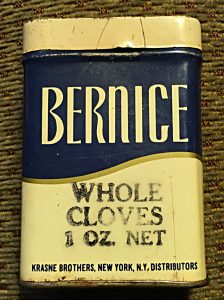December 26, 2016
By Arthur H. Gunther III
ahgunther@hotmail.com
Rita-Eileen Glynn Smith, a former Rockland County, N.Y., resident, notes on Facebook that she owns her great aunt’s Singer sewing machine, complete with accessories and the equally famous oil can. She has history in her possession, the nation’s, that of the earlier emerging middle class, too.
Rita may recall that in her favored haunt of Nyack there was a factory — Willcox & Gibbs — which also manufactured various types of sewing machines. The site has long been closed, and the building was torn down just a week or so ago for luxury middle-class rental housing, which is more than symbolic because from that industrial site many a village family built the foundation for either their or their offspring’s life in the then growing American middle class.
The same can be said of those thousands of souls who ran Singer, Willcox & Gibbs and other brands of sewing machines in the New York City garment industry. Many a Rockland family traces its journey to suburbia from the Lower East Side.
Isaac Singer’s home model enabled cottage industry as families did job work in the house, their savings accumulating, then used the money for their children’s upward mobility as well as subsistence survival in the Great Depression.
Eventually, many homes had sewing machines, and creative moms fashioned family clothing from patterns bought or cut from sizing on dress dummies.
Today, the old Singer and other machines are collector items though the modern replacements and even some of the older ones are in great enough use. Gone, though, is the dream that building machines and then having others operate them would not only open the factory door to work, but the door in the home to an outside “staircase” where someone in the family would climb his or her way to teacher, doctor, lawyer, store owner, business person. And that the father, too, could pass his factory job to a son, who would then build his own stair of dreams.
Like I said, Singers are collector items.
The writer is a retired newspaperman who can be reached via ahgunther@hotmail.com

